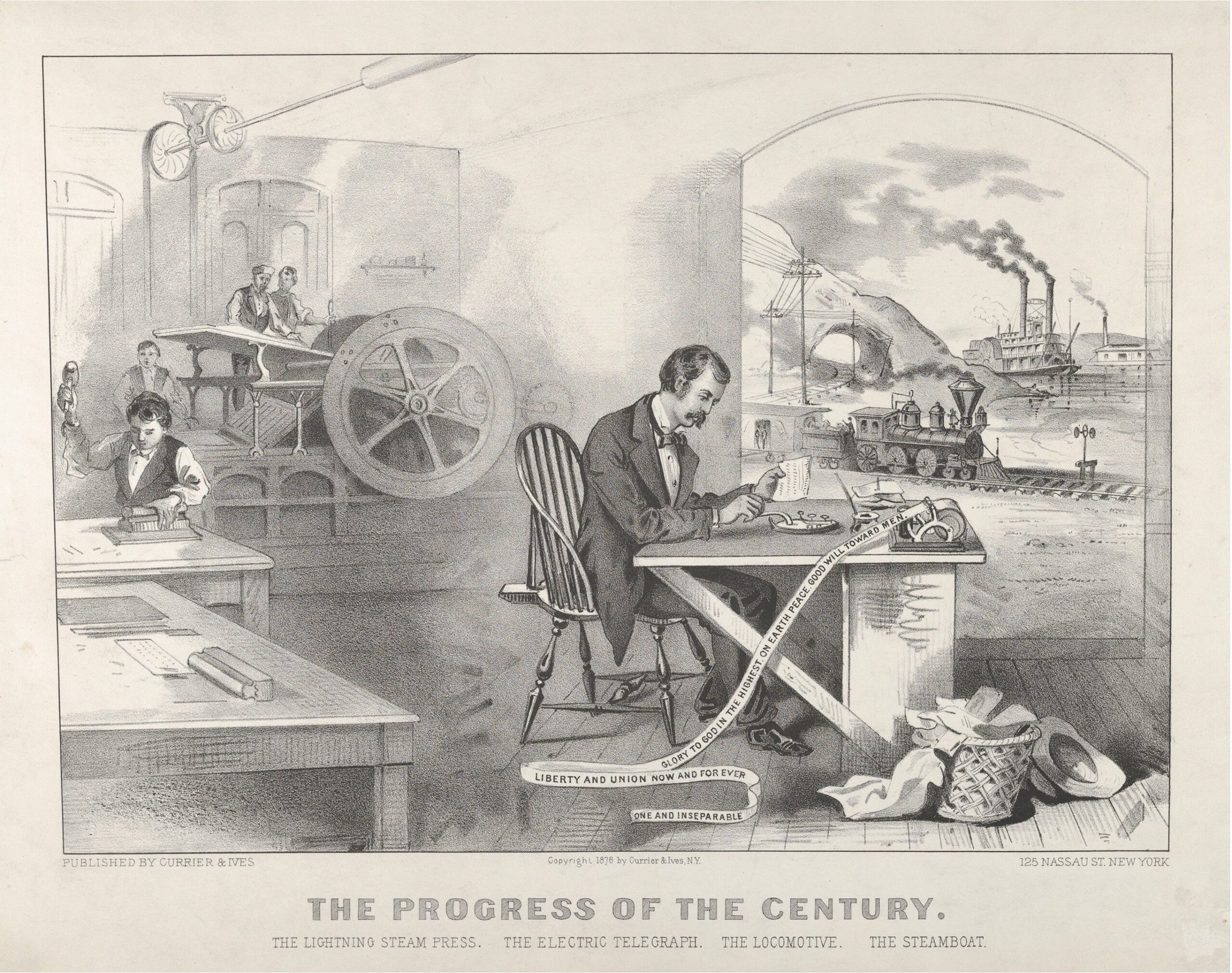A history of infrastructure in Semitic philology.
This sub-project investigates the affordances that were essential to making and transmitting philological knowledge – with concentration on libraries, storage facilities, workspaces, and lecture halls.
Collaborator: Paul Michael Kurtz (PI)
A history of practice in Classical philology.
This sub-project scrutinizes the standardisation and routinisation of technical methods (or protocols and procedures) – with a particular focus on tables, stemma, and strata across francophone, germanophone, and anglophone scholarship.
Collaborator: Laura Loporcaro (Postdoc)
A history of media in Indo-Iranian philology.
This sub-project inquires into the transformation of physical artifacts into stable, standardized ‘texts’ through processes of copying, collecting, archiving, circulating, and printing. The research approaches the history of media on two levels:
- The theoretical questions on data collection and storage, such as what data are, how they can be preserved and organized, and their usage and circulation.
- The historical record of scholarly assessment of data, improved techniques, and research networks. The focus of the research is on the nineteenth century, although earlier or later periods are also taken into account for historical context. The case studies mainly retrace the history of England, Germany, and France, with a particular emphasis on epigraphy and the techniques of collecting and reproducing data, primarily through paper squeezes to prepare corpora of inscriptions. The research also includes all the material tools of an epigrapher (ropes, ladders, telescopes, etc.) and the adversities faced during field research in nineteenth-century India and Iran. Regarding reproduction, special attention is dedicated to typefaces for printing Indian and Iranian languages, especially the Devanāgarī typeface for writing Sanskrit.
This study includes both a technical aspect of building and implementing tools and the socio-political dynamics characterizing nineteenth-century scholarly research. The investigation of relationships between locals and colonialists, scholars in the field and in European libraries, the choice of specific manuscript fonts, and private vs. national printing systems represent other essential elements for tracing a history of media.
Collaborator: Martina Palladino (Postdoc)
A history of cooperation in Germanic and Romance philology.
This sub-project investigates how large-scale strategic alliances produced philological knowledge as a valuable, usable resource – with a focal point on the Royal Historical Commission of Belgium.
Collaborator: Christian Hoekema (Predoc)
